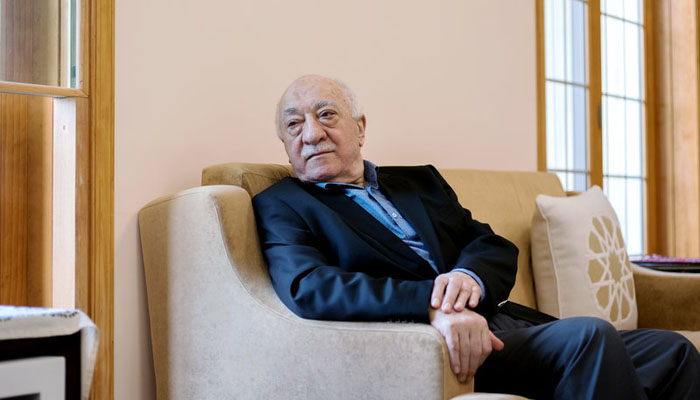US-based Turkish Islamic scholar Fethullah Gülen has denied Turkish authorities’ accusations of masterminding a failed coup in Turkey last year, in interviews with the Reuters news agency and the US’s National Public Radio (NPR), saying he has always stood against all coups.
Speaking separately with NPR and Reuters in exclusive interviews, Gülen underlined that he is ready to return to Turkey if any concrete evidence is presented of his involvement in the bloody coup attempt that claimed lives of 249 people.
During the interview with Reuters on Tuesday, Gülen also said he is ready to leave the US for Turkey if Washington finds it appropriate to extradite him, as the Turkish government has requested.
“If the United States sees it appropriate to extradite me, I would leave [for Turkey],” he said.
US officials have said privately that even though Turkish President Recep Tayyip Erdoğan has appealed directly to US President Donald Trump on the matter, Turkey has yet to provide enough evidence for the Justice Department to act, the Reuters report said.
Speaking to NPR’s Robert Siegel in an interview on Tuesday, Gülen said he has always stood against coups and added: “My respect for the military aside, I have always been against interventions. … If any one among those soldiers had called me and told me of their plan, I would tell them, ‘You are committing murder’.”
(NPR’s Robert Siegel talks to Fethullah Gülen in an exclusive interview.)
Accusing Erdoğan of being responsible for the suffering and oppression of innocent people in Turkey and abroad, Gülen said: “If they ask me what my final wish is, I would say the person who caused all this suffering and oppressed thousands of innocents, I want to spit in his face.”
When asked if he was referring to Erdoğan, he replied: “It can’t be anyone else. He is the oppressor.”
Turkey survived a failed coup on July 15, 2016 in which 249 people died.
Turkey’s ruling Justice and Development Party (AKP) government and President Erdoğan immediately put the blame on the Gülen movement and speeded up a witch-hunt against sympathizers of the movement, which was also accused by the government of launching a graft probe at the end of 2013 that implicated figures from the AKP and people close to Erdoğan.
Despite Gülen, whose views inspired the Gülen movement, and the movement having denied the accusations, Erdoğan and the government launched a widespread purge aimed at cleansing sympathizers of the movement from within state institutions, dehumanizing its popular figures and putting them in custody.
According to a tally by TurkeyPurge.com, 138,148 people, including some 10,000 soldiers, had been dismissed from their jobs, 115,827 were detained and 55,425 jailed over alleged links to the movement as of July 10.
